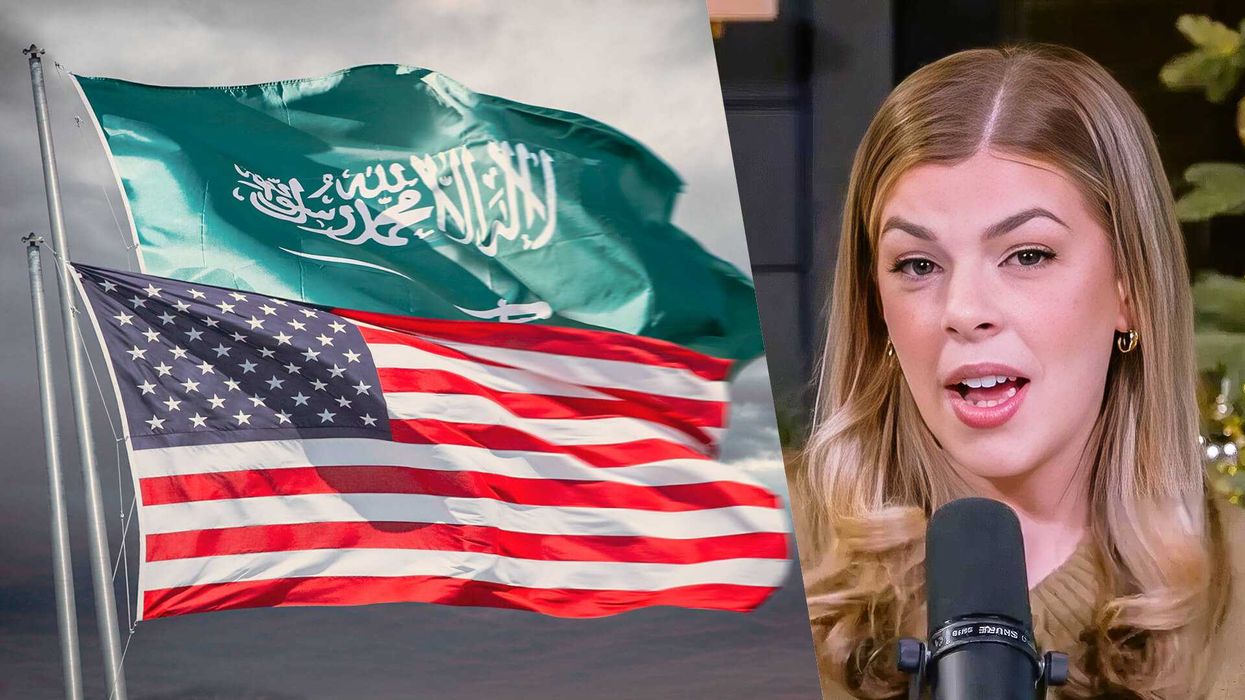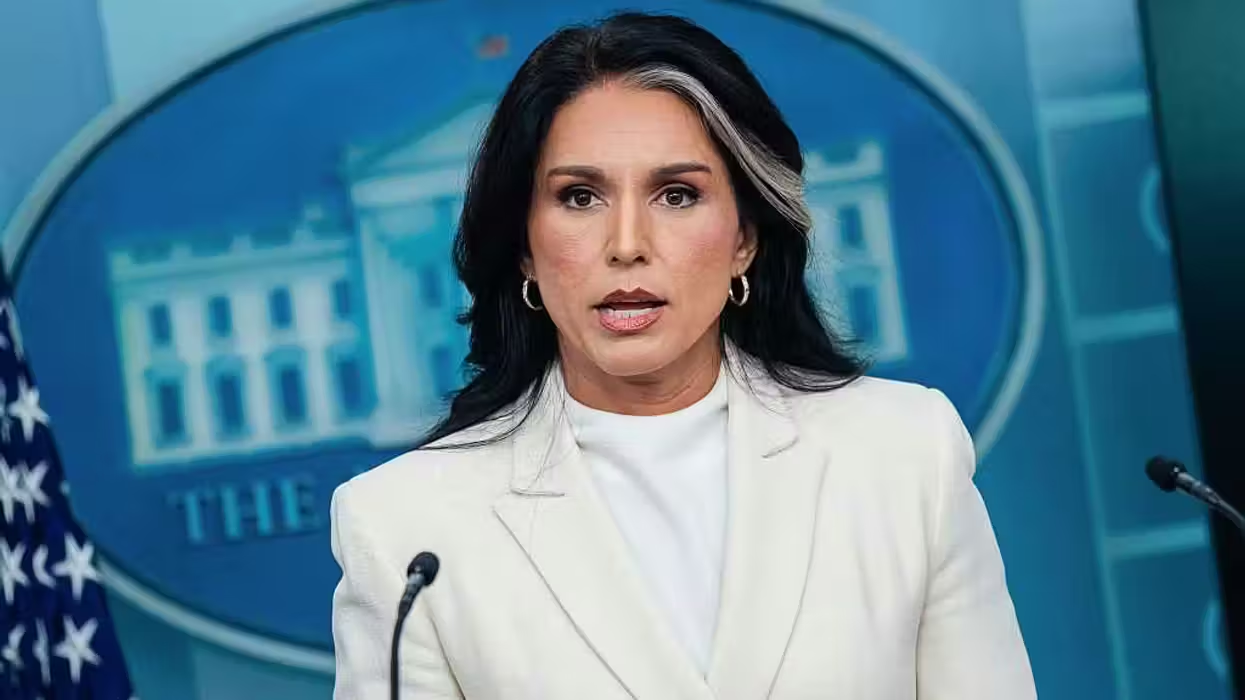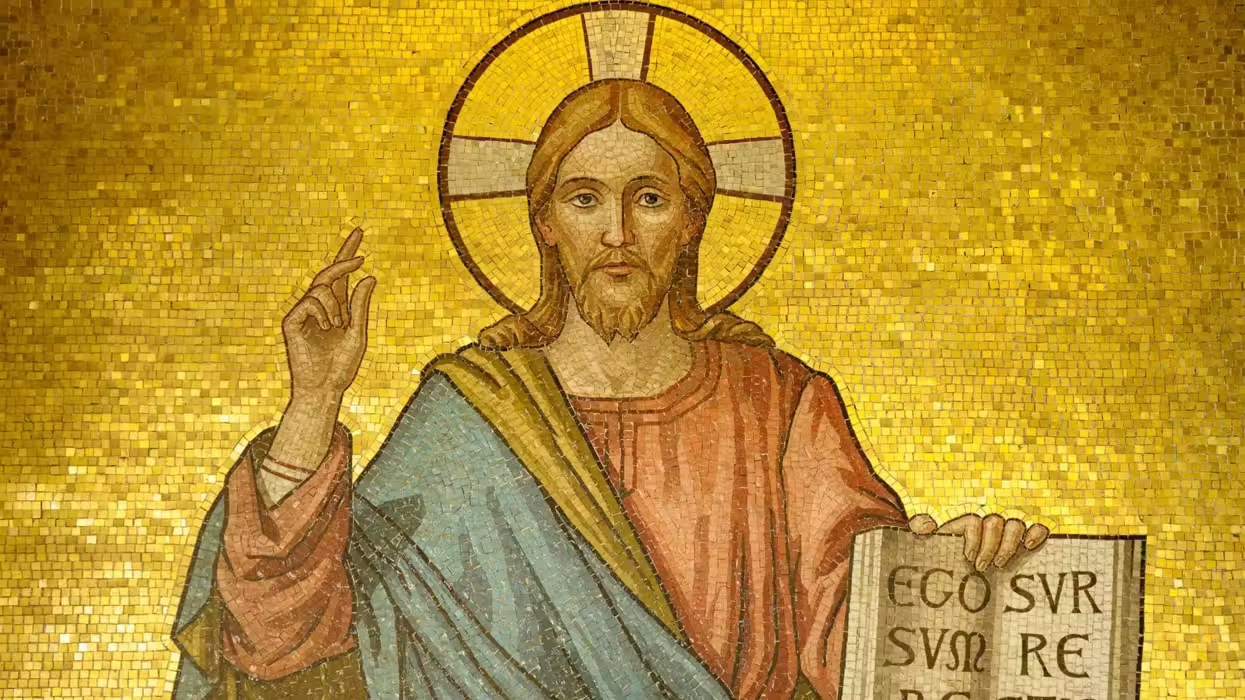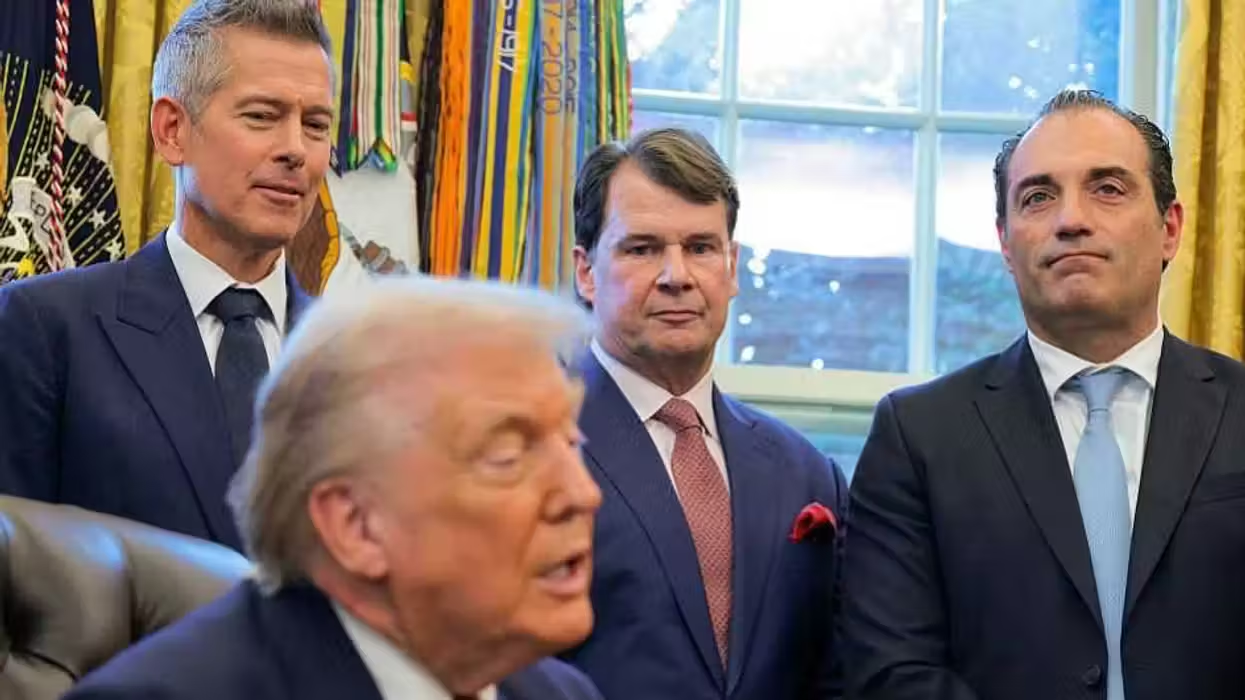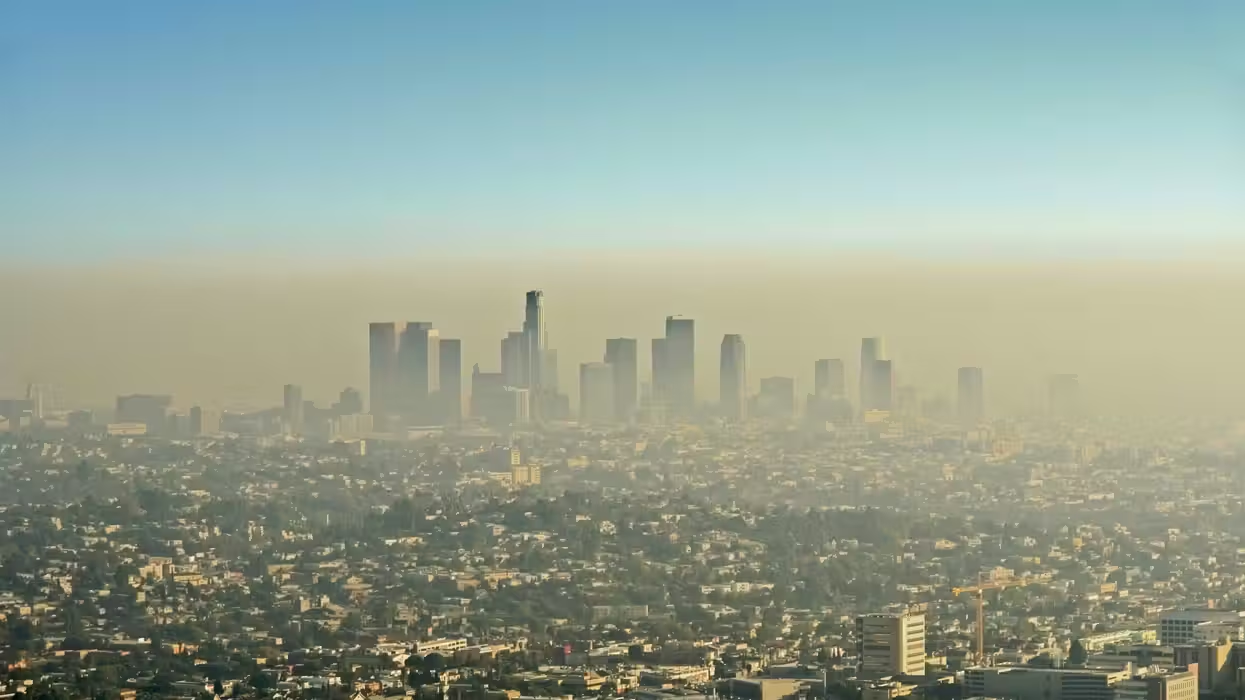
© 2025 Blaze Media LLC. All rights reserved.
"...online freedom of expression is now a major foreign and domestic policy issue."
PARIS (The Blaze/AP) -- On Monday -- "World Day Against Cyber Censorship" -- Reporters Without Borders has released a new list of "Enemies of the Internet" and said that movements like Arab Spring are changing the face of freedom.
Reporters Without Borders states that World Day Against Cyber Censorship is to "rally everyone in support of a single Internet without restrictions and accessible to all." It states that "netizens" are being censored and targeted more than ever with "120 of them are currently detained for expressing their views freely online."
In its annual Enemies of the Internet report, "enemies" are classified as countries that severely curtail freedom of expression on and access to the Web. It also draws up a list of states "under surveillance."

The group added Bahrain to its enemies list, citing a news blackout and harassment of bloggers in an attempt to quell a yearlong Shiite-led rebellion against the Sunni monarchy.
The country had previously been under surveillance.
"Bahrain offers a perfect example of successful crackdowns, with an information blackout achieved through an impressive arsenal of repressive measures: exclusion of the foreign media, harassment of human rights defenders, arrests of bloggers and netizens (one of whom died behind bars), prosecutions and defamation campaigns against free expression activists, disruption of communications," the Paris-based group's report said.
But the Arab Spring -- the name given to a cascade of revolts across the Arab world -- has also led to the opening up of some regimes.
Libya, where the repressive rule of Moammar Gadhafi was thrown off in a violent revolt, was removed from the list of countries under surveillance.
"In Libya, many challenges remain but the overthrow of the Gadhafi regime has ended an era of censorship," the report said.
India and Kazakhstan were added to the list of under surveillance, and the group says a few "countries to watch" are Azerbaijan, Morocco, Tajikistan and Pakistan.
The group said that the Arab Spring had also highlighted the importance of the Internet -- and therefore the importance of protecting access to and expression on it.
"The Internet and social networks have been conclusively established as tools for protest, campaigning and circulating information, and as vehicles for freedom," the group said. "More than ever before, online freedom of expression is now a major foreign and domestic policy issue."
The enemies list contains countries that are well known for blocking Internet content, like China, Myanmar and North Korea:
Iran and China, in particular, reinforced their technical capacity in 2011 and China stepped up pressure on privately-owned Internet companies in order to secure their collaboration.Iran has announced the launch of a national Internet. Iran and Vietnam have both launched a new wave of arrests, while the bloody crackdown on protests in Syria is hitting netizens hard and is enabling the regime to perfect its mastery of online surveillance with Iran’s help. Turkmenistan has fought its first battle in the war over Information 2.0 while North Korea, which is developing its online presence for propaganda purposes, is confronted with an increase in smuggling of banned communications equipment across the Chinese border. In Cuba, bloggers supportive of the government and those critical of the regime argue online.
The list of those under surveillance contains some surprises like Australia and France.
Reporters Without Borders criticized Australia for persuading Internet service providers to create a national content-filtering system, which blocks access to child pornography sites and others deemed inappropriate. The group is concerned that the government is still also pursuing a system of mandatory content-filtering whose criteria are "very broad."
France landed on the surveillance list last year for a series of criminal indictments of journalists for stories they wrote. It remains on the list this year because of a law that could punish people who repeatedly illegally download content by cutting off their Internet access.
Reporters Without Borders goes on to note that those in democratic countries are not spotless when it comes to Internet freedom either, stating "free flow of news and information online often loses out to internal security, the war on terrorism and cyber crime, and even the protection of intellectual property." In the United States, the groups cites treatment of those allegedly involved in Wikileaks, which is advocating against online censorship.
The report also points out the backlash of netizens over the proposed bills in U.S. Congress that would protect intellectual property online -- the Stop Online Piracy Act (SOPA) and Protect Intellectual Property Act (PIPA) -- and the European Anti-Counterfeiting Trade Agreement (ACTA). Opponents of this proposed legislation have said it would lead to unprecedented censorship on the Web.
Want to leave a tip?
We answer to you. Help keep our content free of advertisers and big tech censorship by leaving a tip today.
Want to join the conversation?
Already a subscriber?
more stories
Sign up for the Blaze newsletter
By signing up, you agree to our Privacy Policy and Terms of Use, and agree to receive content that may sometimes include advertisements. You may opt out at any time.
Related Content
© 2025 Blaze Media LLC. All rights reserved.
Get the stories that matter most delivered directly to your inbox.
By signing up, you agree to our Privacy Policy and Terms of Use, and agree to receive content that may sometimes include advertisements. You may opt out at any time.

